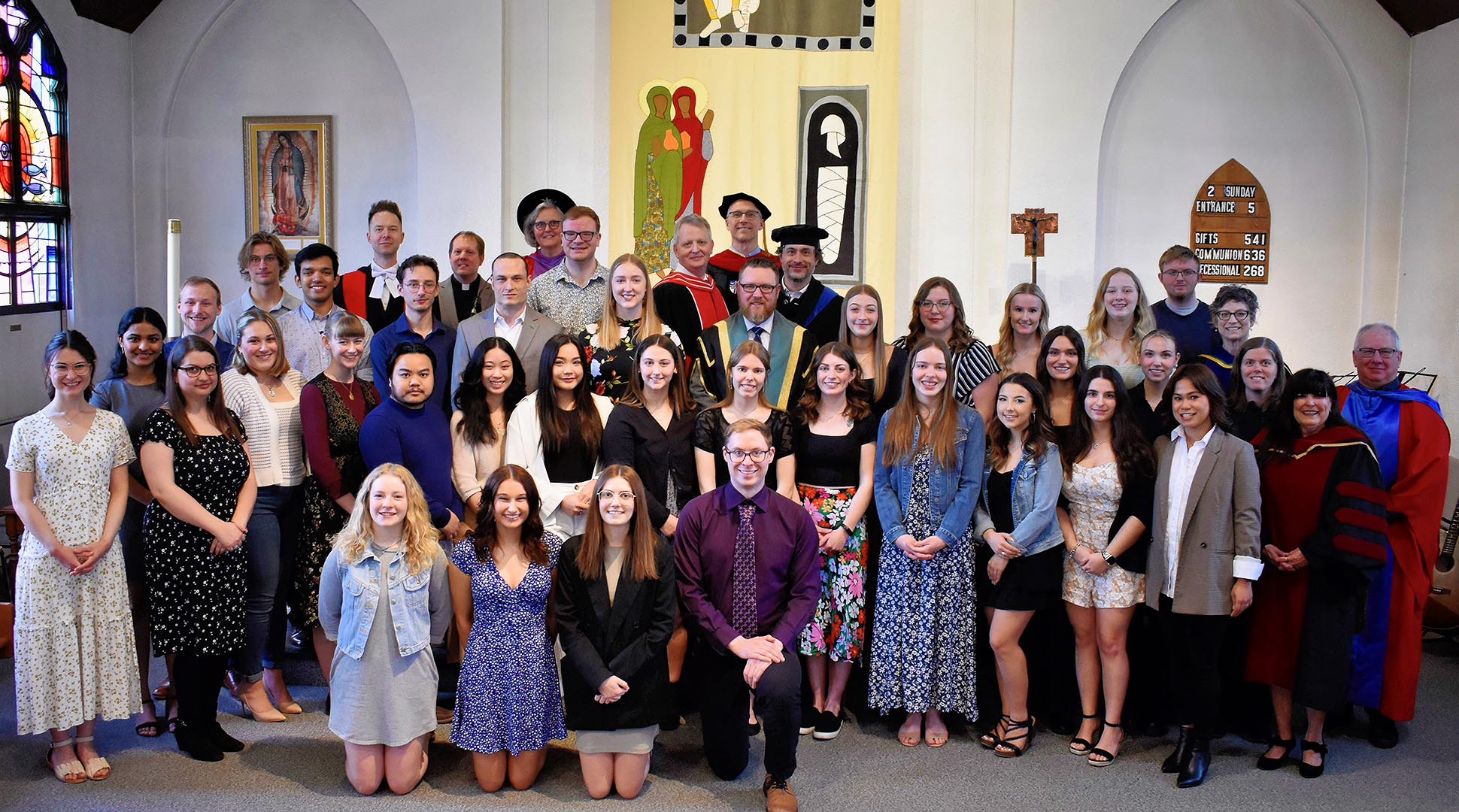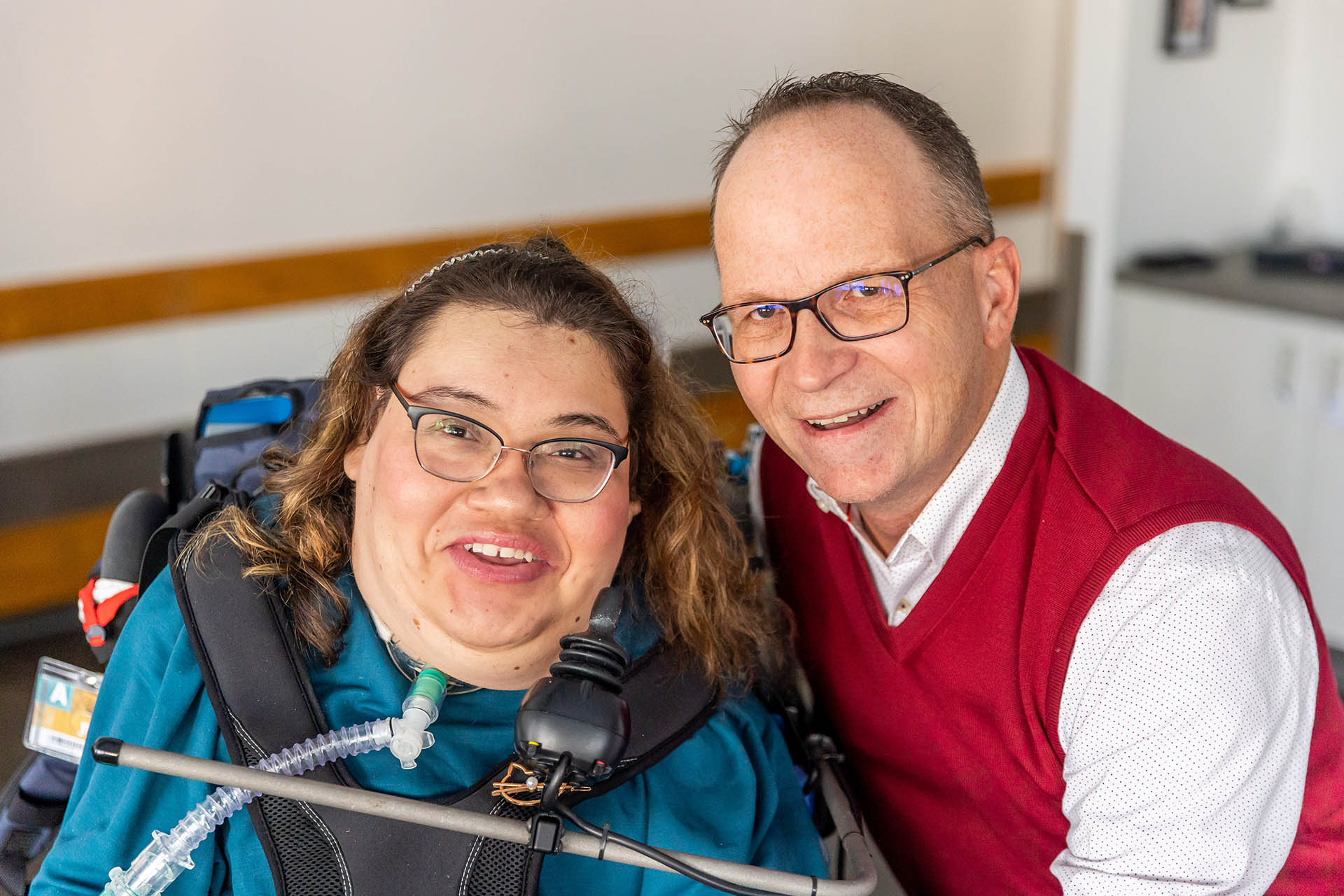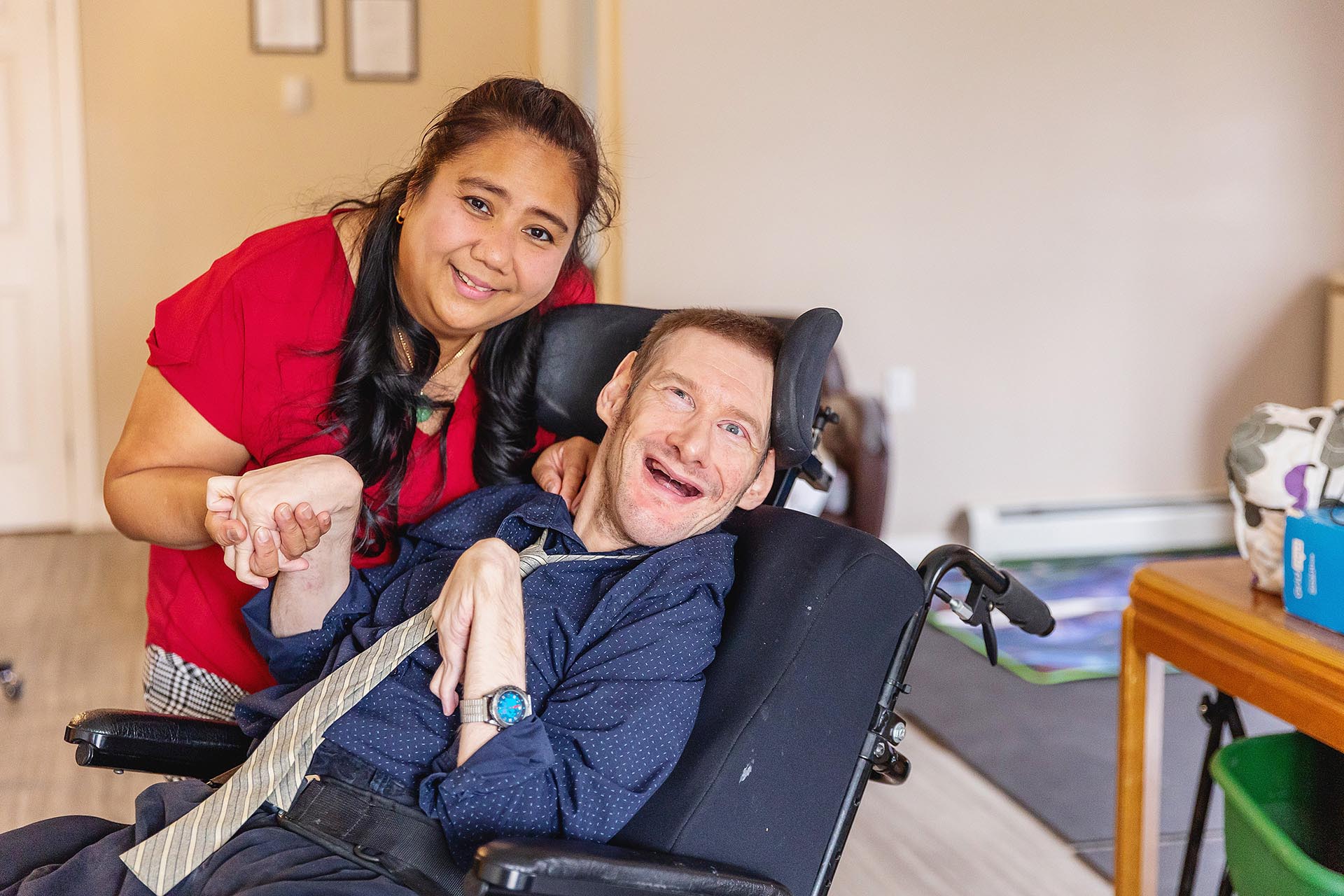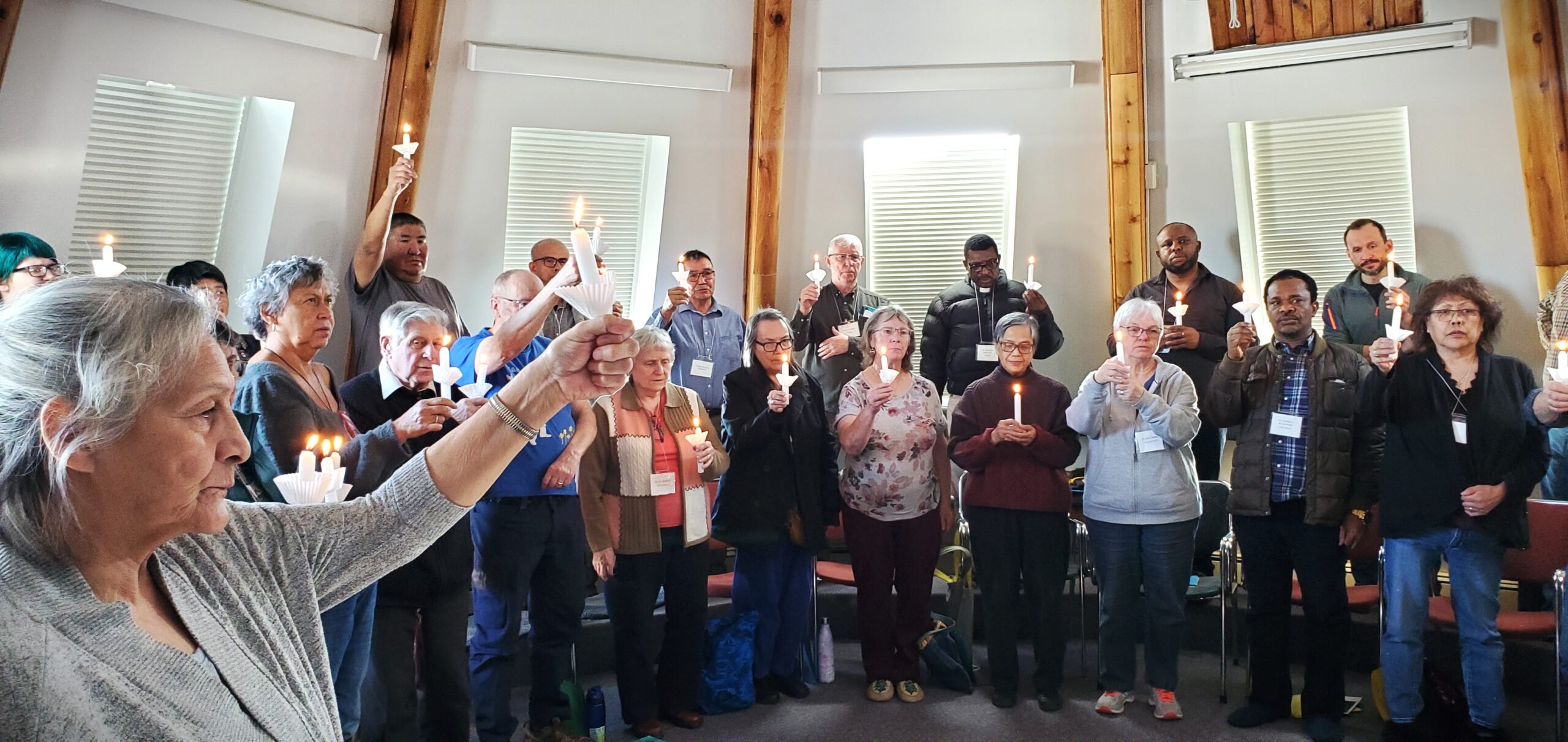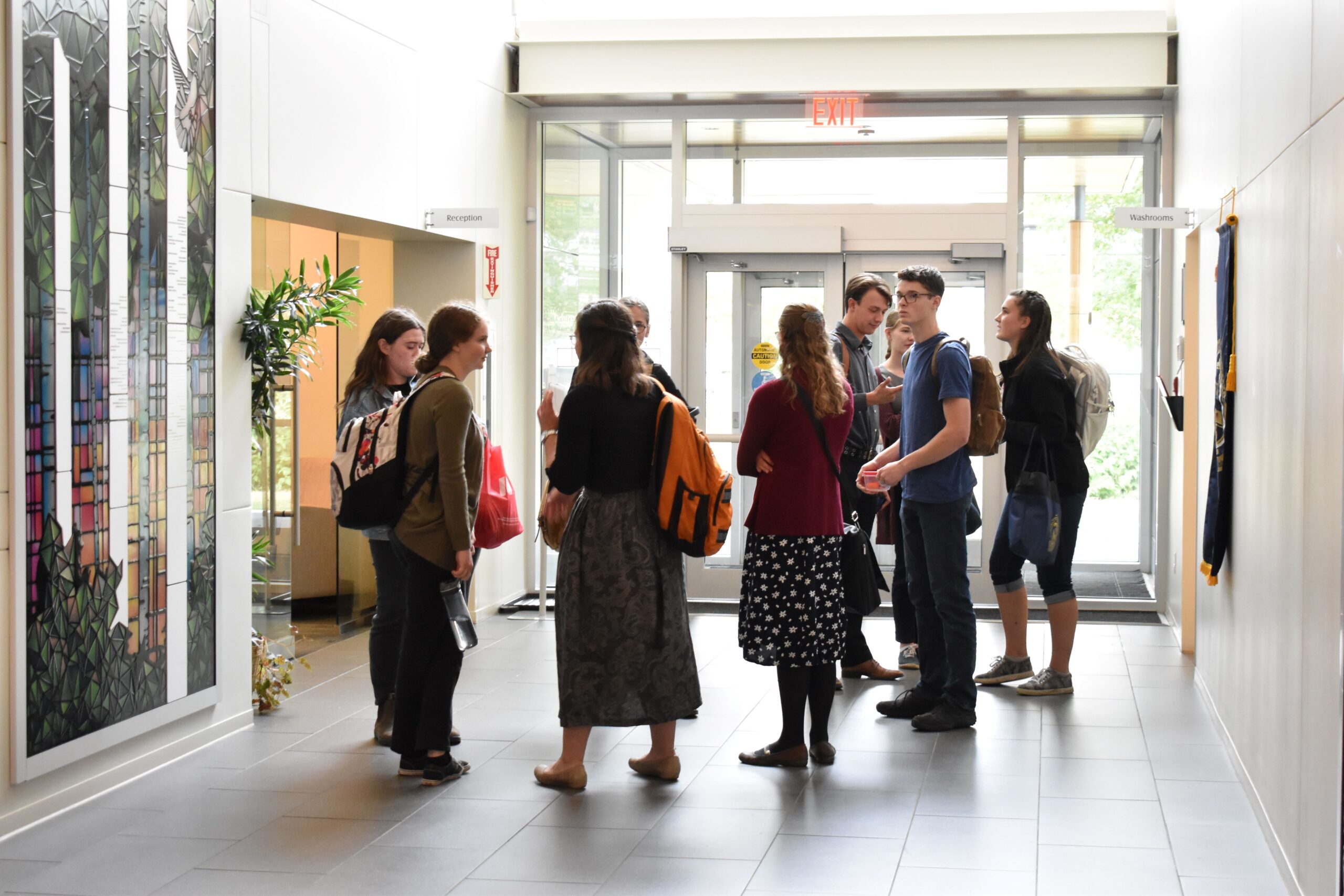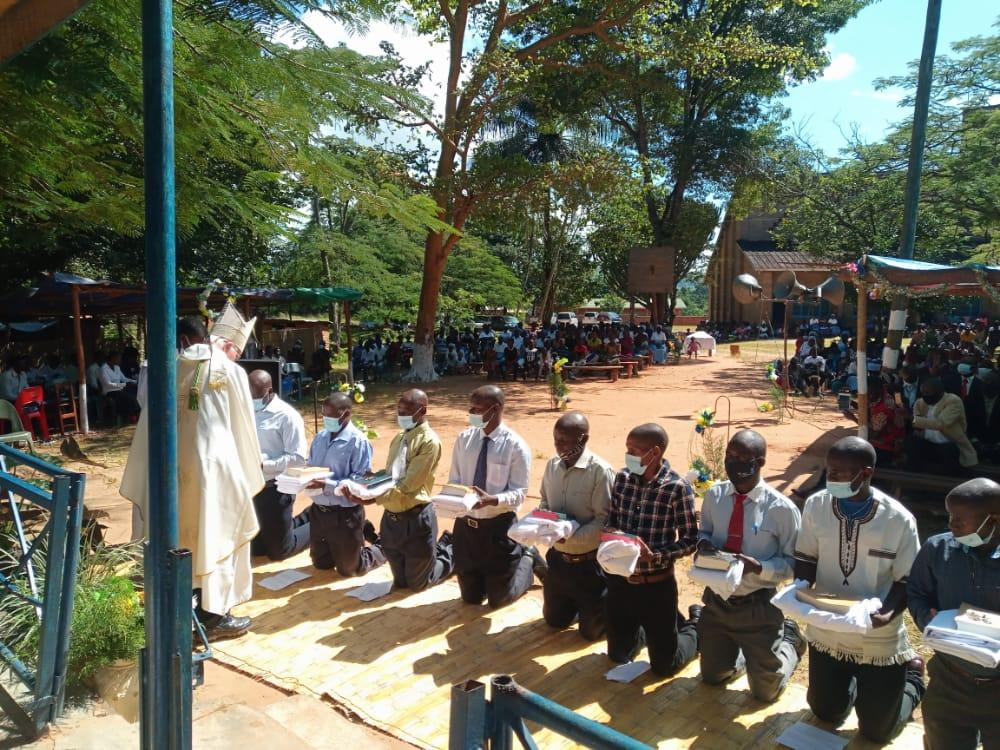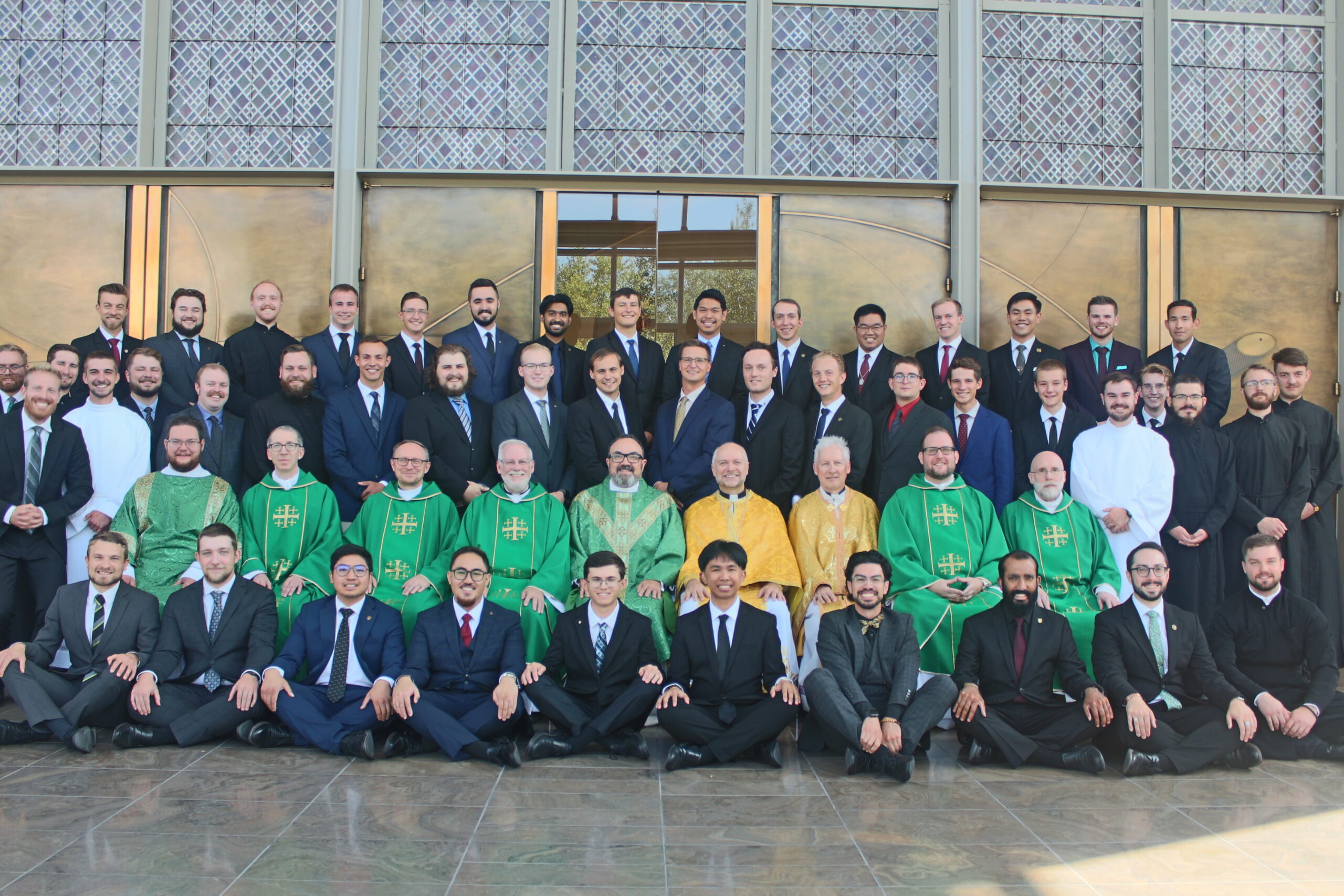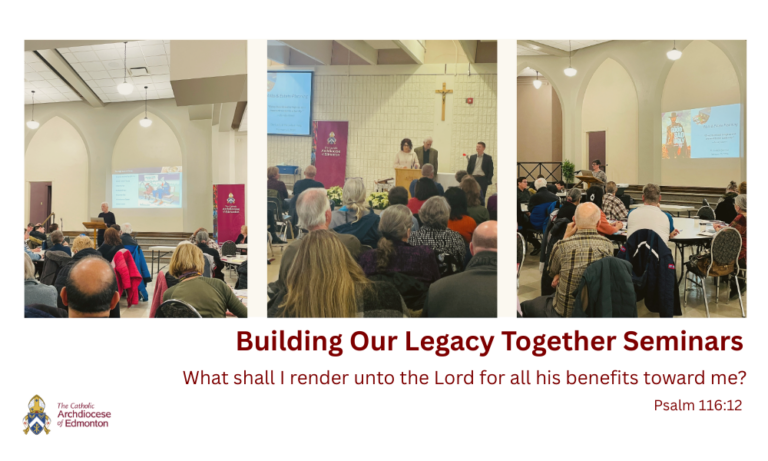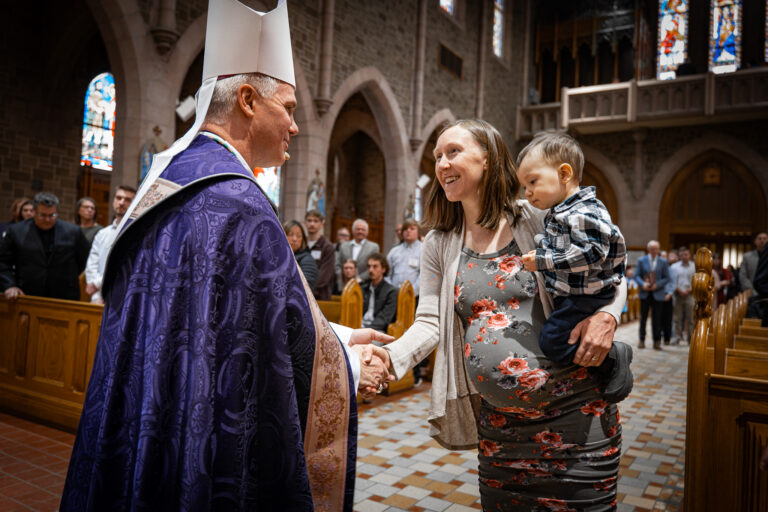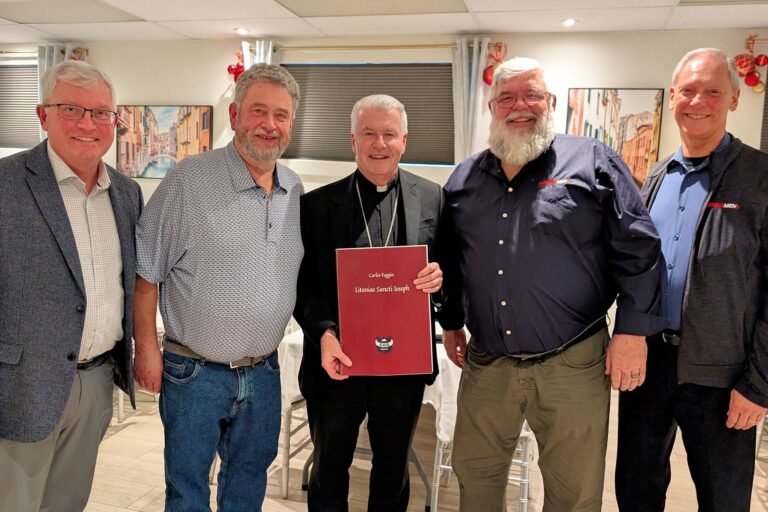The 2025 Together We Serve annual appeal raised $1,470,459 of its $1.54 million goal and distributed almost $1.4 million to Catholic organizations in the Archdiocese, Canada and abroad.
This year’s campaign also marked a significant milestone, as the annual appeal has now raised more than $20 million in total since its inception, a testament to the enduring generosity of the Archdiocese’s Catholics.
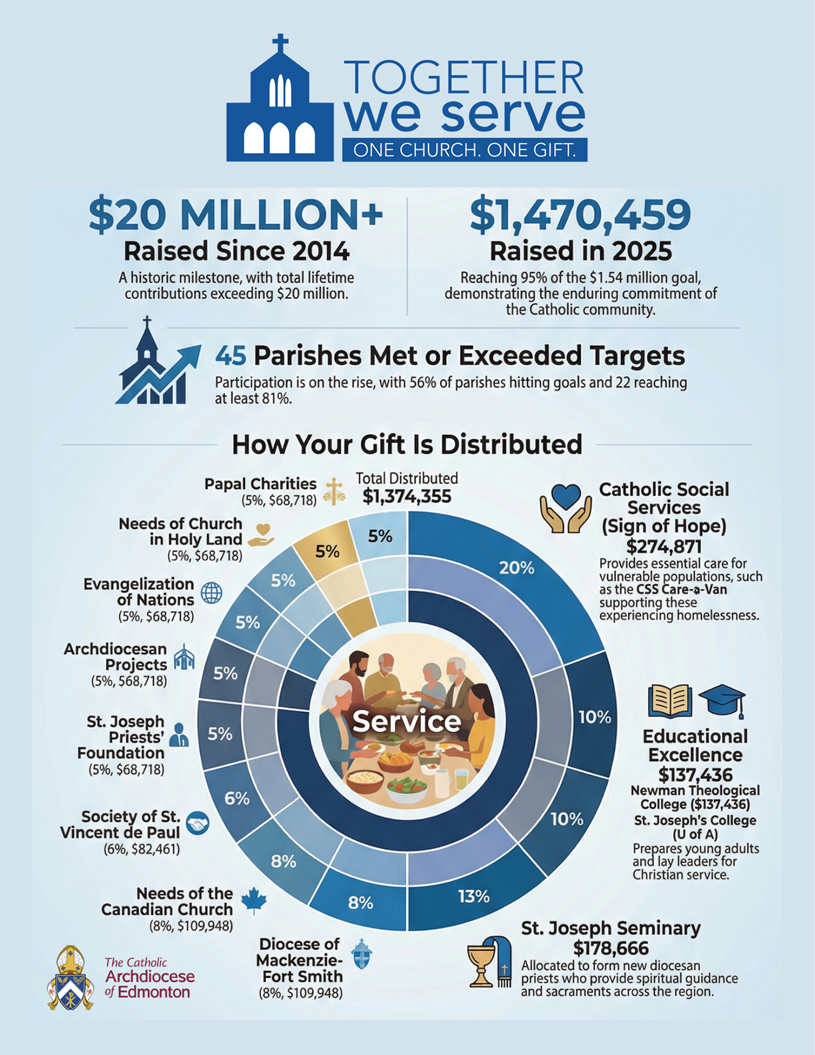 Launched in 2014 to simplify giving and unite Catholics in serving those in need, the campaign combines recurring special collections into one powerful appeal. It invites parishioners to work together as one Church—supporting vulnerable people at home in Alberta, across Canada, and around the world—fulfilling the mission entrusted to us by Jesus Christ.
Launched in 2014 to simplify giving and unite Catholics in serving those in need, the campaign combines recurring special collections into one powerful appeal. It invites parishioners to work together as one Church—supporting vulnerable people at home in Alberta, across Canada, and around the world—fulfilling the mission entrusted to us by Jesus Christ.
Through your support of the Together We Serve appeal, the Archdiocese of Edmonton provides much needed support to Catholic institutions and organizations that align with our Pastoral Priorities of Worship, Witness and Service.
Parish participation also showed encouraging progress. In 2025, 45 parishes (56% of participating parishes) achieved or exceeded their targets—up from 41 in 2024. Another 22 parishes reached 81–99% of their targets.
On behalf of our beneficiaries, the Archdiocese of Edmonton gives thanks to every donor whose gift—large or small—has multiplied in impact through this shared effort. Together We Serve truly demonstrates that when Catholics unite in faith and charity, we can accomplish far more for the Kingdom of God.
Learn more about Together We Serve, view parish progress, or make a gift. Your continued support helps carry forward Christ’s call to love and serve one another.
Sign up for The WINDOW, the weekly electronic bulletin with news from the Archdiocese of Edmonton.


